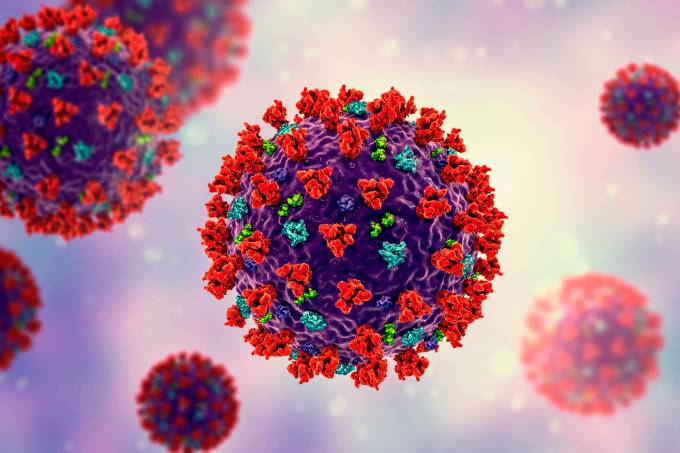Protocol Detail


ECLAMPSIA
a condition in which one or more convulsions occur in a pregnant woman suffering from high blood pressure, often followed by coma and posing a threat to the health of mother and baby.
Diagnosis
A multisystem disorder of pregnancy usually associated with raised blood pressure & proteinuria.
Generally considered severe if SBP>140 or DBP>90 & significant proteinuria (>+).
Generally occurs after 20/40 up to 1/52 post-partum.
Rarely occurs after 20/40 in multiple pregnancy, hydatidiform moles, antiphospholipid syndrome or
severe renal disease.
Complications include pulmonary, cerebral & peripheral oedema, hepatic rupture & subcapsular
haematoma, renal failure, thrombocytopaenia, DIC, foetal growth retardation & adruptio placentae.
Treatment is ultimately delivery! Anti-hypertensives reduce the risk of stroke but don’t treat the
eclampsia.
Management
1. ABC’s & resuscitation as indicated, continuous monitoring,
2. Inform medical officer at earliest juncture,
3. Nurse in left lateral position,
4. IV access x 2 large bore cannulae,
5. FBC, U& E’s LFT’s, Uric Acid, Coag studies,
6. Catheterize & urinalysis,
7. ECG,
8. Cardiotocography as indicated,
9. CXR as indicated,
10. Prompt treatment of complications especially seizures & hypertension,
11. Treatment & prophylaxis or seizures:
· Magnesium suphate,
· Loading dose 4 g over 5 mins,
· Then infuse at 1 g/hr for 24 hours,
· Give further 2-4 g over 5 mins if convulsions occur,
· Side effects: flushing, nausea, decreased reflexes followed by respiratory depression
(reversible with Ca Gluconate 10 ml 10% at 5 ml/min – give when reflexes disappear
not breathing stops!),
· IV Clonazepam 1-2 mg if above fails.
12. Anti-hypertensives:
· Do not reduce BP too quickly,
· Hydralazine 10 mg by slow IV injection, repeated every 20 minutes up to total of 60
mg if required,
· Consider Hydralazine infusion: 40 mgs in 500 mLs N.Saline infused at 25-250 mls/hr
with rate determined by response,
· GTN infusion may be useful especially if complicated by pulmonary oedema
13. Consider Betamethasone 11.5 mg if delivery expected & 28-34/40,
14. Indications for immediate delivery:
· Eclampsia at > 37/40,
· Inability to control BP,
· Abnormal Cardiotocography,
· Placental abruption,
· Deteriorating liver or renal function,
Progressive thrombocytopaenia.









